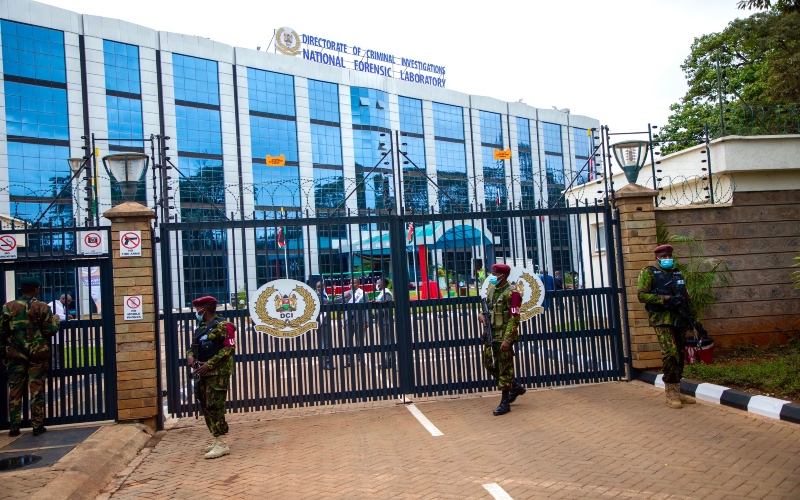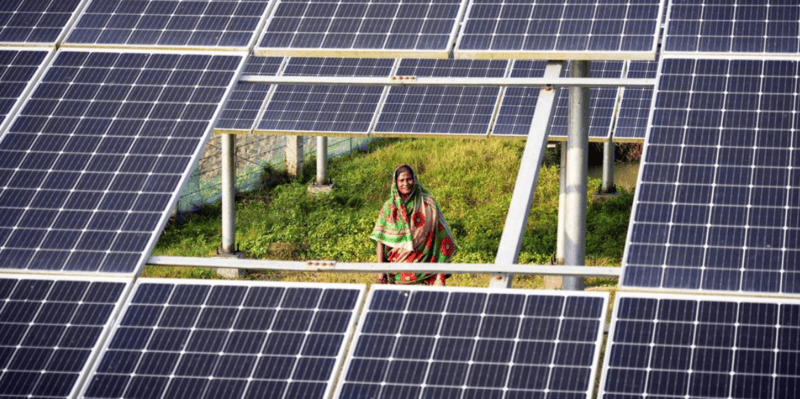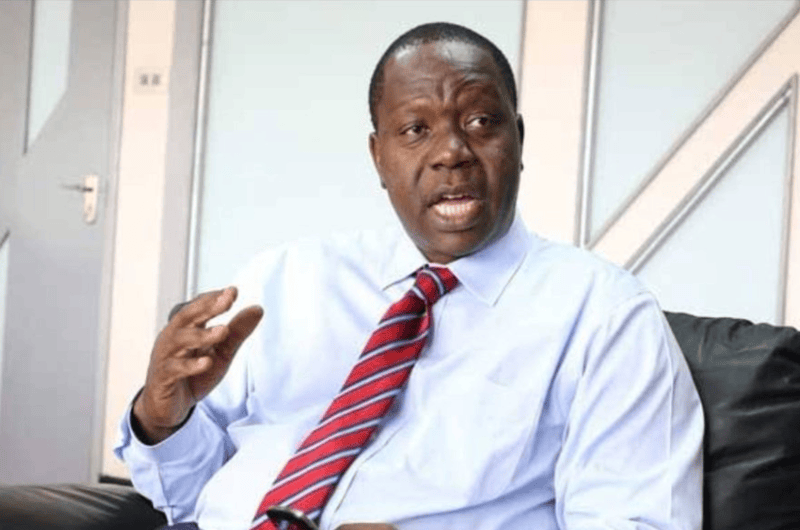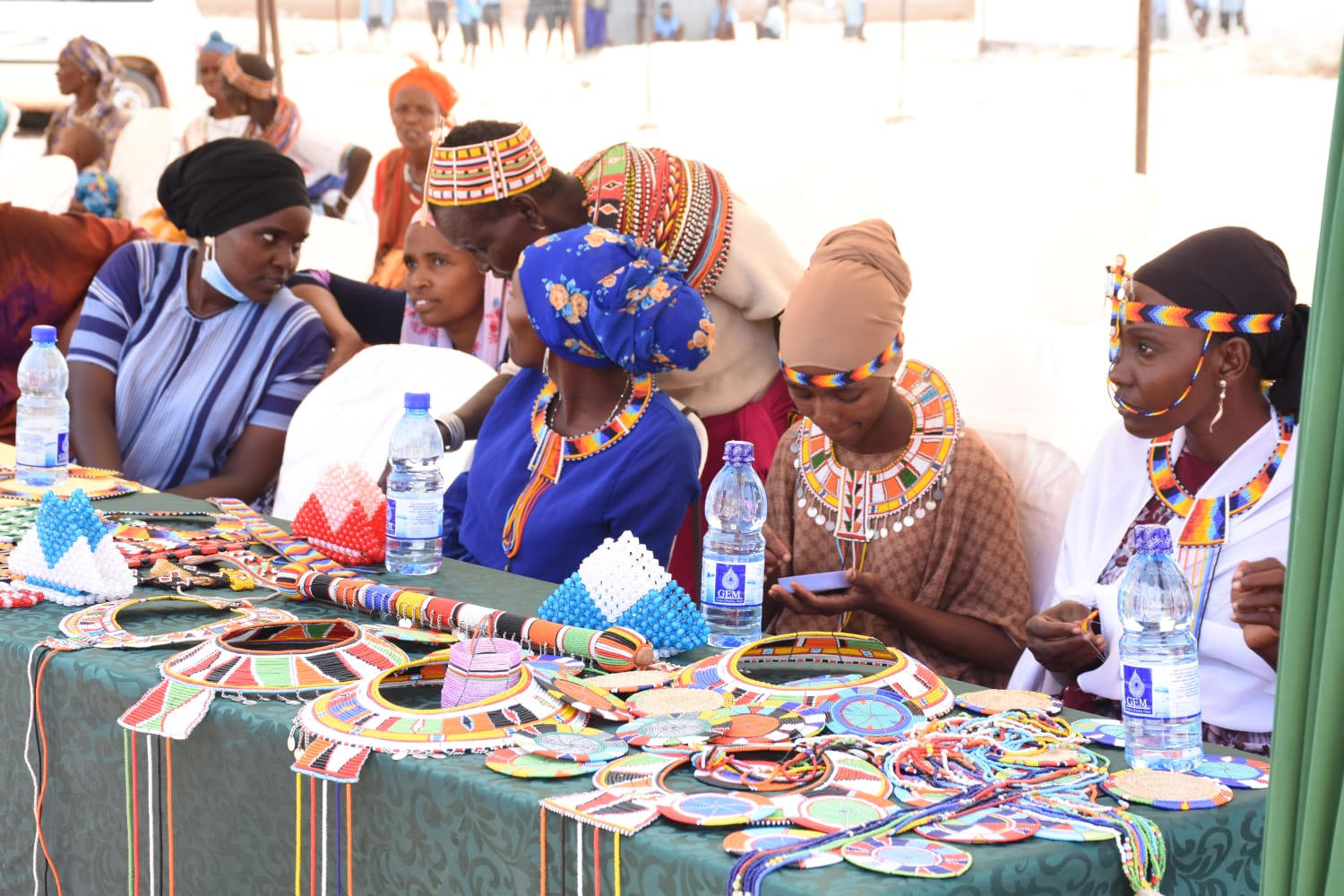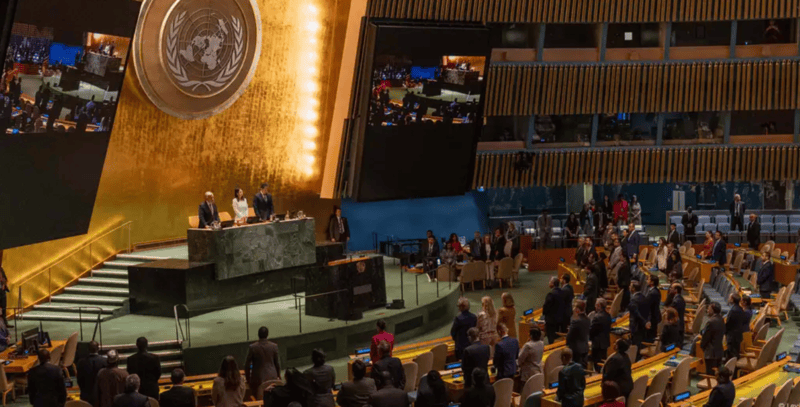China-US tariff truce signals easing of trade tensions, but Africa's direct impact limited
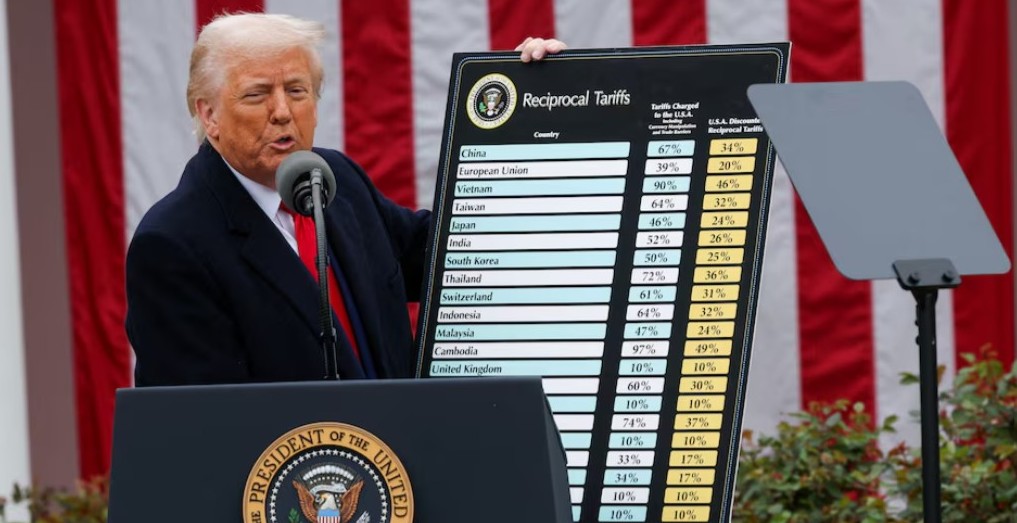
Only 11 African countries face US tariffs above 20 per cent, and just two of those send more than 10 per cent of their exports to the US.
In a joint statement released yesterday following an economic and trade meeting in Geneva, China and the United States have pledged to implement key tariff-reduction measures.
The agreement marks a potential easing of tensions between the world’s two largest economies, whose tit-for-tat tariff escalation over the recent past has rattled global markets and disrupted supply chains.
More To Read
- Three-month limit: US slaps new visa restrictions on Nigerians, Ghanaians
- US Embassy warns Ugandans against misusing tourist visas for births
- African leaders urge US to ramp up investment, rethink tariffs
- Report questions AGOA’s effectiveness as deadline nears, extension talks continue
- Eastleigh local traders raise alarm over influx of Chinese retailers
- Chinese imports to Kenya hit Sh576 billion amid surge in smartphone shipments
The resolutions specify that the US will adjust the additional duty on Chinese goods, including those from Hong Kong and Macau, as outlined in Executive Order 14257 dated April 2, 2025.
Specifically, 24 percentage points of the imposed rate will be suspended for an initial 90-day period.
However, the US will maintain a 10 per cent duty on those same articles, in line with the original terms of Executive Order 14257.
Additionally, the resolutions call for the removal of the modified duties introduced under Executive Order 14259 (April 8, 2025) and Executive Order 14266 (April 9, 2025).
China, on the other hand, is also mandated to modify accordingly the application of the additional rate of duty on articles of the United States by suspending 24 percentage points of that rate for an initial period of 90 days.
This, while retaining the remaining additional rate of 10 per cent on those articles.
Non-tariff countermeasures
China is also required to adopt all necessary administrative measures to suspend or remove the non-tariff countermeasures taken against the US since April 2, 2025.
Consequently, global markets have generally responded positively to the announcement, with investor sentiment buoyed by the prospect of reduced trade friction.
While the news holds major implications for the global economy, especially for Asia, Europe, and Latin America, its direct impact on Africa appears muted.
“While this development is significant for global markets, we assess that its direct impact on Africa, either way, is likely to be minimal,” Afreximbank said in its analysis.
To understand why, the lender explains that Africa’s direct trade exposure to the US and China remains relatively low.
Collectively, they account for roughly 17 per cent of Africa’s trade; five per cent with the US and 12 per cent with China.
That’s only slightly more than the continent's intra-African trade, which currently stands at 16 per cent.
“African exports to the UAE are even higher than to the USA. This reflects a more diversified and regionally integrated trade profile than often assumed,” the lender says.
Narrow scope
The lender says another reason for the minimal impact of the tariff truce is the fact that the continents' tariff vulnerability is narrow in scope.
This is because only 11 African countries face US tariffs above 20 per cent, and just two of those send more than 10 per cent of their exports to the US.
Data shows key African exports such as oil, minerals, and major agricultural commodities are generally exempt from these punitive measures, while over 80 per cent of African countries send less than five per cent of their total exports to the US, which further limits the continent’s exposure to tariff changes.
For the few countries that are more vulnerable to the ripple effects of the US-China tariffs, the lender says there are mitigating factors.
The economies reportedly maintain diversified export routes and trading partners, particularly within the Global South.
Some are noted to have also shifted toward commodity diversification or regional value chains, providing them with greater flexibility and resilience in the face of external trade shocks.
Nevertheless, Afreximbank explains that Africa as a continent began the year on a strong footing, with stronger macroeconomic fundamentals than in previous years, bolstering confidence against the impacts of the tariff wars.
Intra-African trade has also gained momentum, underpinned by frameworks like the African Continental Free Trade Area (AfCFTA), reinforcing regional self-reliance, the lender adds in part.
Top Stories Today




